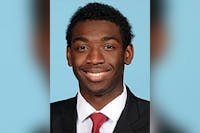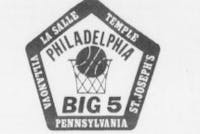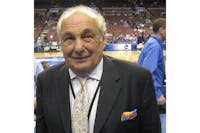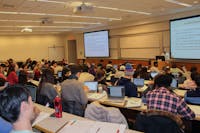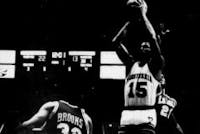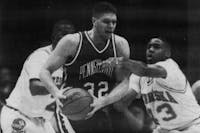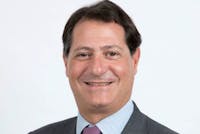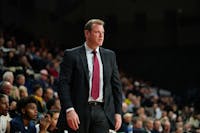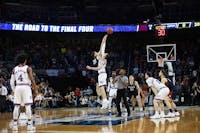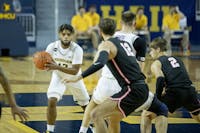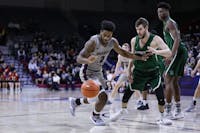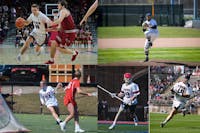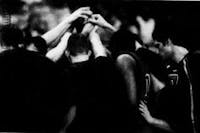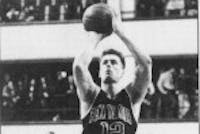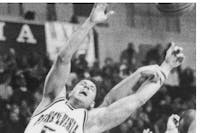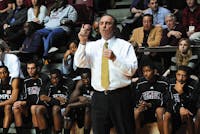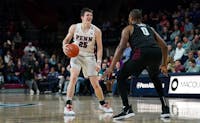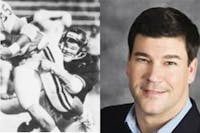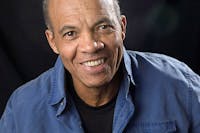Newsletters

DP Daybreak
Our daily newsletter rounding up all of the top headlines from the DP. Get it Monday-Friday in your inbox. Free.
Sign up »
The Toast
34th Street Magazine's "Toast" is a semi-weekly newsletter with the latest on Penn's campus culture and arts scene. Delivered Monday-Wednesday-Friday. Free.
Sign up »
Penn, Unbuttoned
Penn, Unbuttoned is Penn's only intentionally satirical newsletter, giving you your weekly dose of comedy from Under the Button every Wednesday. Free.
Sign up »
Quaker Nation
Quaker Nation is a weekly sports newsletter covering all things Penn sports. Delivered Monday mornings to your inbox. Free.
Sign up »
Peek@Penn
Access Penn. The stories, people, and places that make up one of the country's premier institutions. Get it in your inbox every other Wednesday. Free.
Sign up »
